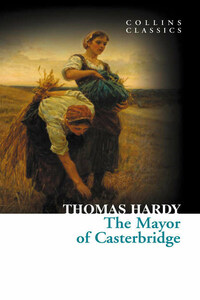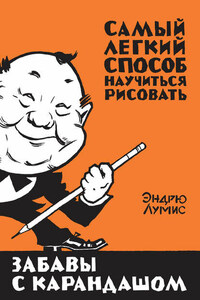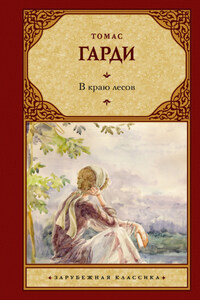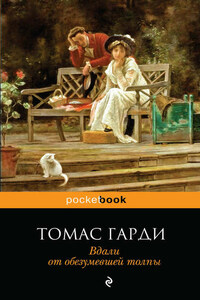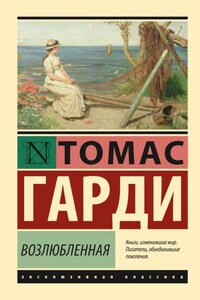Collins Classics
An imprint of HarperCollinsPublishers 77â85 Fulham Palace Road Hammersmith London W6 8JB
Thomas Hardy asserts the moral right to be identified as the author of this work
A catalogue record for this book is available from the British Library
Life & Times section © Gerard Cheshire Classic Literature: Words and Phrases adapted from Collins English Dictionary
All rights reserved under International and Pan-American Copyright Conventions. By payment of the required fees, you have been granted the nonexclusive, nontransferable right to access and read the text of this e-book on-screen. No part of this text may be reproduced, transmitted, downloaded, decompiled, reverse engineered, or stored in or introduced into any information storage and retrieval system, in any form or by any means, whether electronic or mechanical, now known or hereinafter invented, without the express written permission of HarperCollins e-books.
HarperCollinsPublishers has made every reasonable effort to ensure that any picture content and written content in this ebook has been included or removed in accordance with the contractual and technological constraints in operation at the time of publication.
Source ISBN: 9780007902118
Ebook Edition © MAY 2012 ISBN: 9780007477395 Version: 2014-09-03
In accepting a proposal for a definite edition of these productions in prose and verse I have found an opportunity of classifying the novels under heads that show approximately the authorâs aim, if not his achievement, in each book of the series at the date of its composition. Sometimes the aim was lower than at other times; sometimes, where the intention was primarily high, force of circumstances (among which the chief were the necessities of magazine publication) compelled a modification, great or slight, of the original plan. Of a few, however, of the longer novels, and of many of the shorter tales, it may be assumed that they stand today much as they would have stood if no accidents had obstructed the channel between the writer and the public. That many of them, if any, stand as they would stand if written now is not to be supposed.
In the classification of these fictitious chronicles â for which the name of âThe Wessex Novelsâ was adopted, and is still retained â the first group is called âNovels of Character and Environmentâ, and contains those which approach most nearly to uninfluenced works; also one or two which, whatever their quality in some few of their episodes, may claim a verisimilitude in general treatment and detail.
The second group is distinguished as âRomances and Fantasiesâ, a sufficiently descriptive definition. The third class â âNovels of Ingenuityâ â show a not infrequent disregard of the probable in the chain of events, and depend for their interest mainly on the incidents themselves. They might also be characterized as âExperimentsâ, and were written for the nonce simply; though despite the artificiality of their fable some of their scenes are not without fidelity to life.
It will not be supposed that these differences are distinctly perceptible in every page of every volume. It was inevitable that blendings and alternations should occur in all. Moreover, as it was not thought desirable in every instance to change the arrangement of the shorter stories to which readers have grown accustomed, certain of these may be found under headings to which an acute judgement might deny appropriateness.
It has sometimes been conceived of novels that evolve their action on a circumscribed scene â as do many (though not all) of these â that they cannot be so inclusive in their exhibition of human nature as novels wherein the scenes cover large extents of country, in which events figure amid towns and cities, even wander over the four quarters of the globe. I am not concerned to argue this point further than to suggest that the conception is an untrue one in respect of the elementary passions. But I would state that the geographical limits of the stage here trodden were not absolutely forced upon the writer by circumstances; he forced them upon himself from judgement. I considered that our magnificent heritage from the Greeks in dramatic literature found sufficient room for a large proportion of its action in an extent of their country not much larger than the half-dozen counties here reunited under the old name of Wessex, that the domestic emotions have throbbed in Wessex nooks with as much intensity as in the palaces of Europe, and that, anyhow, there was quite enough human nature in Wessex for one manâs literary purpose. So far was I possessed by this idea that I kept within the frontiers when it would have been easier to overlap them and give more cosmopolitan features to the narrative.
